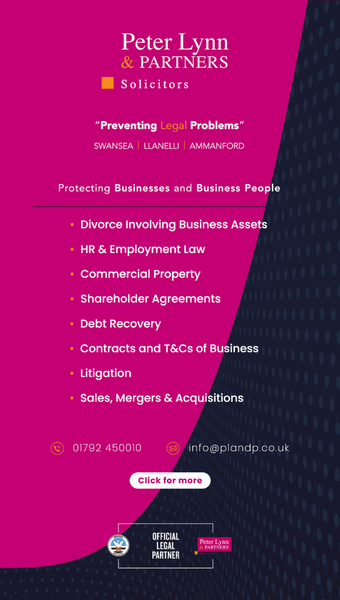Written by:
 Rob Cherry
Rob Cherry
Consultant
______________________________________________________________________________________________________________________________
As a business owner-manager of a family-run business, the value of your company is likely to comprise your principal family asset – or at least a very important part of your retirement and family wealth planning.
It is therefore essential that, in the years leading up to a planned realisation of that value, you take the steps necessary to ensure that you will be able to secure a seamless exit at full value when the time is right.
Keeping all exit options on the table
A common problem is that the owner assumes that a trade sale – to a larger competitor – is the only real option. This is a risky assumption, since there may not be a trade buyer out there at the right time with the appetite to acquire – at least not unless they are getting a real bargain!
Ensure you are keeping the following options open by taking the right steps to structure your business and its management team accordingly:
- Management buyout – you will need to have a management team in place who are credible to funders (either equity or debt backers) and who have the appetite, discussed over time with you, to be buyers if the right deal can be structured.
- Buyout-buy-in combination – combining members of the management team with external investors who are interested in becoming owner-managers of the business to form a buyer group.
- Family succession – important to understand with the “next generation” whether they wish to take over the ownership and/or running of the business. Do not assume they will!
- Demerger – it may make sense to split the business into parts to increase the likelihood of finding a purchaser and maximising overall value. You may in fact wish to continue running one part for longer than the other.
Maximising value
This is, to a large extent, about maximising maintainable operating profit in the few years leading up to exit, since, for profitable businesses, value is likely to be a multiple of this. The multiple to be applied can be affected by various factors, but significant ones to think about in those “planning years” are:
- Quality, longevity and robustness of customer base.
- Ensuring customer relationships are migrated to ongoing management – not mainly dependent on your ongoing involvement.
- Key personnel are fully engaged and suitably incentivised.
- Important premises tenure is secure.
- Relevant intellectual property is owned by the company, not third parties – in particular, check the position with copyright in bespoke software, domain names, etc.
- Age and condition of key plant and machinery and vehicle fleet – an urgent capex requirement might cause a buyer to reduce an offer price.
- Good financial management, credit control and the availability of detailed and robust management accounts information – this will be essential to buyers and their backers.
- A recent upward trajectory of revenue and profitability, with a credible and documented medium term business plan to continue that trajectory.
- Use the time to address and resolve any “problem areas” and disputes which might prove offputting to a prospective purchaser.
Structuring the exit
You will maximise the opportunity to exit at the best value overall if you are willing to consider structuring the exit and purchase price potentially in the following ways:
- Retain a minority position, perhaps with an option to sell at a later date – this needs careful tax planning, but should be achievable if it helps make the deal happen.
- Be prepared to receive part of the price in instalments over – need to consider interest and security for that debt, but subject to that this could greatly assist the buyers and their funders to achieve your desired price.
- Be willing to stick around if needed for an interim period to ensure a smooth handover and delivery on short-term growth plans – if you are doing this, you could consider negotiating an “earn-out” arrangement, whereby part of the price is deferred and based on achievement of the desired short term growth and increases in line with the scale of that achievement.
Working with advisers during the planning phase
It is always best to begin the discussion with suitable advisers at the start of this exit planning period so that you have an experienced external perspective on how best to achieve the above and realise a successful exit.
As a long-term owner-manager, it is natural that you will have tried and tested ways of doing things, but preparation for an exit and making your business attractive to internal or external buyers may require a change of approach in some areas and you may need to step outside your comfort zone!
This is where specialist advisers can be an excellent sounding board and source of advice.
At Peter Lynn, we have an excellent team of experts in this area who are available to help so for more information or to arrange an initial meeting to discuss your situation, please contact:
01792 450010





